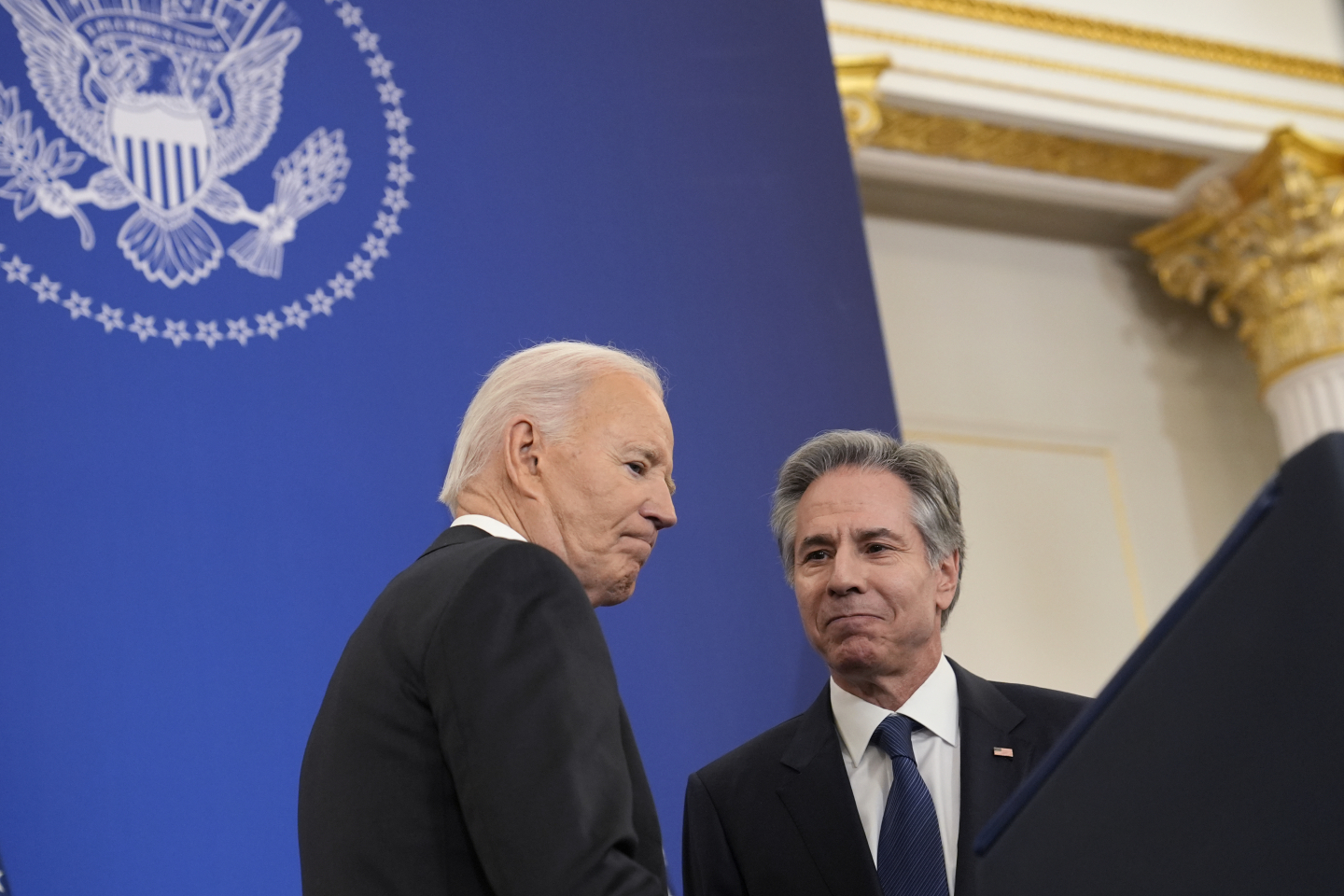With only two weeks left in his presidency, Biden has decided to maintain his legacy of repeated attacks on the fossil fuel industry, by issuing a sweeping ban of future drilling along the East and West Coasts, the eastern Gulf of Mexico, and the Alaskan Coast. Roughly 625 million acres are now off limits, the size of which is larger than the entire Louisiana Purchase and considered the most extensive ban in history.
It is a bold and brash move that puts U.S. energy security at risk and hurts consumers. It must be undone.
Very little drilling is currently taking place in these areas; however, banning them from potential exploration sends signals to the market that could cause price increases. Limiting future inventories will cause additional price hikes as demand outpaces supply. Either way, restricting oil and natural gas development hurts consumers through diminished available energy and higher costs.
Americans have relied on and will continue to depend on fossil fuels for the majority of their energy needs. Comprising at least 80% of total energy consumption for decades, these sources are paramount to economic growth and stability. Their essentiality is not fading anytime soon. Despite efforts to reduce their utilization, oil and natural gas consumption continue to surge.
Energy demand persistently expands, and in some cases, is spiking. It is imperative we have plenty of resources at our disposal. Natural gas, for example, will likely play a pivotal role in fueling our exponentially swelling electricity needs. Blocking potential exploration and production jeopardizes our energy security and national vitality.
While we are reeling from decisions to restrict drilling here at home, other countries only benefit, particularly our adversaries. House Majority Leader Steve Scalise in a statement said, “This is a gift for OPEC nations and will only serve to embolden our enemies.”
Not only does this potentially put us in a vulnerable situation but it harms efforts to decarbonize.
Production here in the U.S. is substantially cleaner than anywhere else. A National Ocean Industries Association (NOIA) study concluded that, “U.S. oil in general and [Gulf of Mexico] oil in particular are shown to have emissions that are lower than much of the remaining world.” Limiting oil and gas production here will only increase total emissions as other nations increase their outputs to satisfy global demand.
Ironically, while the Biden administration wants to restrict offshore drilling it has heavily promoted windfarms along the Atlantic Coast. Opposition to these large and intrusive structures continues to grow on account of various environmental concerns. While a direct link has not been established, the construction of windmills off the coastline has been blamed for the increasing deaths among whale populations. Additionally, windmill blades have been and are expected to continue breaking off and washing up on shore, forcing beaches to close while fragments are cleaned up.
Even more perplexing is that China operates the largest offshore oil platform in the Gulf of Mexico; Russia operates in the Arctic. Adversarial nations are extracting fossil fuel products in our backyard while we tie our own hands and watch from the sidelines.
Unfortunately, undoing this massive embargo in these regions will not be as simple as an executive action. Biden invoked the Outer Continental Shelf Lands Act, which grants U.S. presidents the right to block drilling in certain areas but not the right to reinstate it. It will likely take an act of Congress to reverse the ban.
It is unwise to risk our energy future, and we should be prepared for possible contingencies that could materialize. NOIA president Erik Milito stated, “It’s crucial for the federal government to maintain the flexibility to adapt its energy policy, especially in response to unexpected global changes.”
We need the capability to drill. Overturning the ban must take priority.

